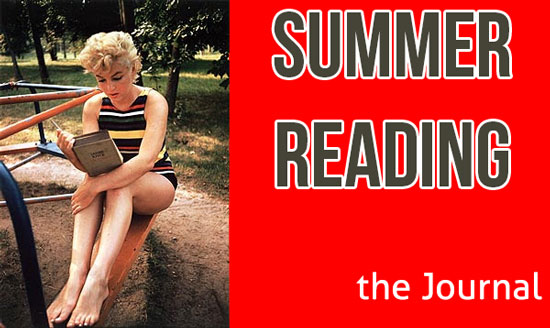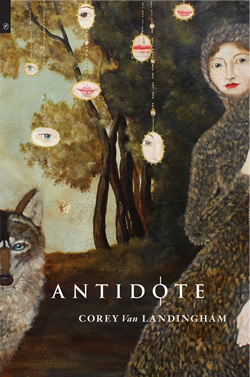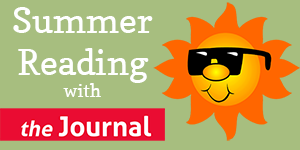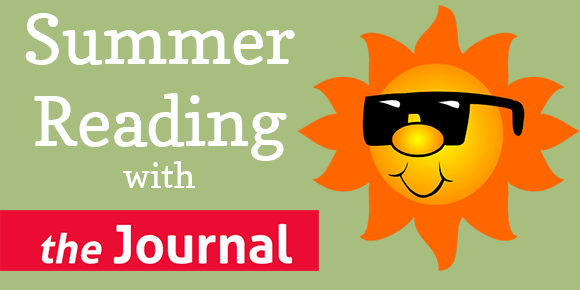To publish The Journal in its 50th year is to honor names that we do not know. Even with the most rigorous filing system, any archive will have holes — a volunteer reader, an editor, even a contributor in a missing issue. To move forward is an act of faith, of gratitude for our predecessors, known and unknown, who have allowed us to take on the mantle. Against the gaps and ghosts and dusty boxes of historical issues, 47.1 is a celebration of The Journal’s history and its future. Issue 47.1 contains previous contributors and emerging voices; translated fiction and collaborative poetry; art from Canada, Ghana, Ireland, Germany, and our home in Columbus, Ohio. Although The Journal’s aesthetic vision may look different than it did 50 years ago, its basic principle — of placing different voices in relation and experiencing the way they refract and transform — remains the same.
Indeed, transformation is a major theme across the pieces in this issue. Boys in Tina Zhu’s moon colony are transformed into swans and fly back to an Earth transformed by climate disaster. Andie Sheridan’s speaker takes T and makes “history every time I notice new leg hair.” The pranksters in Robert Wood Lynn’s poem “wake up with our parts exchanged.” These pieces insist on the inevitability of touch, its pleasures and violences, and ultimately, the radical transformations it makes possible. We are all constituted by messy relations. As Victoria Chang reminds us, “All this time, I thought we were the object and the source. But we are neither, just of the living.”
Entering its 51st year, The Journal aims to be of the world. Relationships not only make the curation, editing, and publication of The Journal possible and ferry new art into the world; art itself forges new relationships. What does it mean for disparate writers to come into contact on neighboring pages of The Journal? And how does this contact extend beyond the pages of the issue, into our neighborhoods and classrooms, in virtual spaces and bookstores? This summer, at the inaugural Columbus Book Festival, which brought together 30,000 writers, publishers, and book lovers for a weekend of literary play and community making, The Journal met future contributors and readers eager to sink their teeth into new work. Whether at book festivals, in the shelves of beloved local bookstores, or at readings and launch parties, art can facilitate new relationships, forge new connections that were not there before.
There are, of course, the names we do know, without whom this issue would not exist: William Allen, who founded The Journal in 1973, and David Citino, who served as editor from 1985 to 1990. Kathy Fagan and Michelle Herman, who have edited and advised The Journal for years and overseen many of its transformations. Marcus Jackson, the Director of Creative Writing at The Ohio State University and a tireless advocate for literature and art. And the many editors, readers, and contributors who volunteered their time to bring this issue into the world, to your hands. As Managing Editor, I have loved collaborating with these brilliant folks, and I am so grateful to have been a brief part of The Journal.





